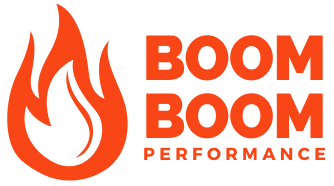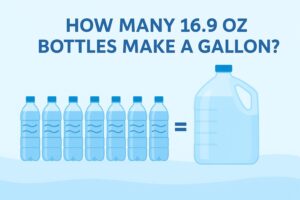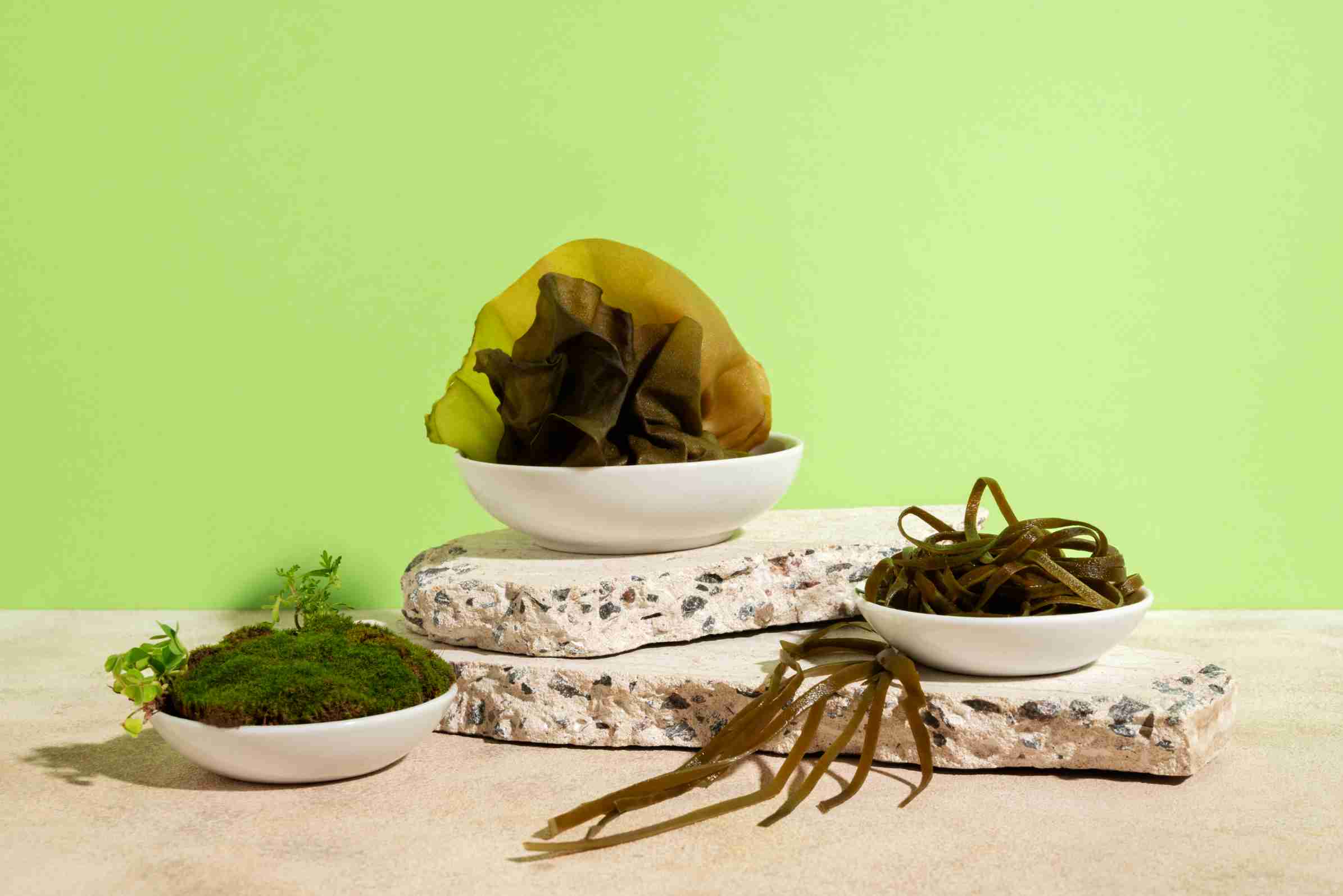
If you’ve been scrolling through wellness blogs or social media lately, you’ve probably seen sea moss touted as a natural energy booster. From health influencers to holistic nutritionists, the claims are everywhere. But does sea moss give you energy in a real, lasting way—or is it just another superfood hype? In this guide, we’ll break down what sea moss is, how it may influence your energy levels, and what to keep in mind before adding it to your daily routine.
What Is Sea Moss?
Sea moss, also known as Irish moss or Chondrus crispus, is a type of red algae found along the coasts of the Atlantic. For centuries, it has been used in traditional medicine across Ireland, the Caribbean, and parts of Africa for its nutritional properties. Packed with minerals and vitamins, sea moss is often consumed as a gel, powder, or added to smoothies, teas, and foods.
Its nutrient-dense profile includes:
- Iron
- Iodine
- Magnesium
- Potassium
- Vitamins B2, B9, and C
These nutrients are essential for multiple bodily functions, including metabolism, thyroid health, and oxygen transport—all of which are connected to energy production.
How Sea Moss May Boost Energy

Sea moss may not give you the instant “rush” of a cup of coffee, but it works in a more subtle and sustained way. Here’s how:
1. Provides Essential Iron
Iron is a critical mineral for producing red blood cells and transporting oxygen throughout the body. Without sufficient iron, fatigue and low energy levels are common. Sea moss’s iron content can help maintain healthy blood oxygen levels, which supports natural energy production.
2. Supports Thyroid Function
The thyroid gland plays a key role in regulating metabolism and energy levels. Sea moss contains iodine, which is necessary for thyroid hormone production. When your thyroid functions optimally, your metabolism can run smoothly, leading to more consistent energy throughout the day.
3. Delivers B Vitamins
Sea moss is rich in B vitamins like riboflavin (B2) and folate (B9). These vitamins are essential for converting food into usable energy at the cellular level. They help fuel your muscles, brain, and other organs so you feel more alert and active.
4. Replenishes Electrolytes
Magnesium and potassium in sea moss support electrolyte balance, especially after exercise. Maintaining proper electrolytes reduces muscle fatigue, prevents cramps, and can leave you feeling energized rather than sluggish.
5. Reduces General Fatigue
Beyond the minerals and vitamins, many users report that consuming sea moss consistently reduces feelings of lethargy and boosts overall vitality. This steady increase in energy can help you maintain focus and stamina throughout the day.
Sea Moss vs. Energy Drinks: A Healthy Alternative
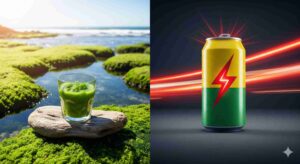
Unlike caffeine or sugar-filled energy drinks, which give a short-lived spike followed by a crash, sea moss offers steady energy. It works by supporting your body’s metabolic and cellular functions rather than overstimulating your nervous system.
| Feature | Sea Moss | Energy Drinks |
| Energy Boost | Gradual, sustained | Immediate, short-lived |
| Nutrient Content | Iron, B vitamins, magnesium, iodine | Often sugar, caffeine, artificial additives |
| Side Effects | Generally minimal if used properly | Crash, jitters, increased heart rate |
| Health Benefits | Supports thyroid, blood health, and metabolism | Limited nutritional value |
| Long-Term Use | Safe with moderation | Can contribute to fatigue and dependence |
This table illustrates why many wellness enthusiasts prefer sea moss as a natural and balanced energy booster.
How to Use Sea Moss for Energy
To get the most benefit, it’s important to consume sea moss safely and effectively:
- Choose a reputable source: Sea moss can absorb heavy metals from the water it grows in. Buy from trustworthy suppliers to minimize risks.
- Start small: Introduce sea moss gradually into your diet to see how your body reacts.
- Daily consistency: Benefits, including energy improvement, are more noticeable when used regularly rather than sporadically.
- Combine with a balanced diet: Sea moss is a supplement, not a substitute for whole foods. Pair it with fruits, vegetables, and protein to optimize energy.
Things to Keep in Mind
While sea moss offers many potential benefits, there are some considerations:
- Iodine levels vary: Different batches can have different iodine concentrations. Excessive iodine intake may affect thyroid function, so moderation is key.
- Consult a doctor if needed: If you have thyroid issues, are pregnant, or take medications, check with a healthcare professional. Especially ask can you take sea moss while pregnant to ensure safety.
- Not an instant fix: Sea moss supports energy by improving overall nutrition, so don’t expect a caffeine-like jolt.
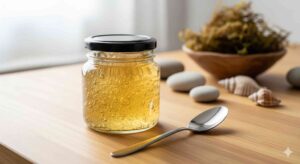
Who Can Benefit Most from Sea Moss?
While almost anyone can experience improved energy levels, certain groups may notice the benefits more clearly:
- People with mild iron deficiency: The iron in sea moss can help alleviate fatigue caused by low red blood cells.
- Those with sluggish metabolism: The iodine content may help thyroid function, improving energy production.
- Active individuals or athletes: Electrolytes and B vitamins in sea moss can support stamina and recovery.
- People seeking a natural energy alternative: If you want to avoid caffeine crashes, sea moss offers a safer, nutrient-rich option.
FAQ: Does Sea Moss Give You Energy?
1. How long does it take to feel more energetic after taking sea moss?
Most people notice subtle changes after 1–2 weeks of consistent use. For optimal results, pair it with a healthy diet and proper hydration.
2. Can I replace my coffee with sea moss?
Sea moss provides steady energy but not a quick caffeine-like boost. It’s better as a complement to your morning routine rather than a direct substitute.
3. How much sea moss should I take for energy?
A common recommendation is 1–2 tablespoons of sea moss gel per day. If using powdered forms, follow the product’s instructions.
4. Are there side effects from taking sea moss?
Side effects are rare if used in moderation. Overconsumption may lead to excessive iodine intake, which could affect thyroid function.
5. Can sea moss improve both mental and physical energy?
Yes, by improving oxygen transport, metabolism, and electrolyte balance, sea moss can support both cognitive and physical energy.
Final Thoughts
So, does sea moss give you energy? The answer is yes, but not in the flashy, jittery way that caffeine or sugar might. Sea moss works more subtly, improving your body’s natural energy production through its rich nutrient profile. Over time, consistent use can lead to increased stamina, reduced fatigue, and a general feeling of vitality.
Remember, the key is moderation, a balanced diet, and choosing a high-quality source. By incorporating sea moss into your daily routine, you may notice not only a boost in energy but also overall improvements in health, wellness, and vitality.
